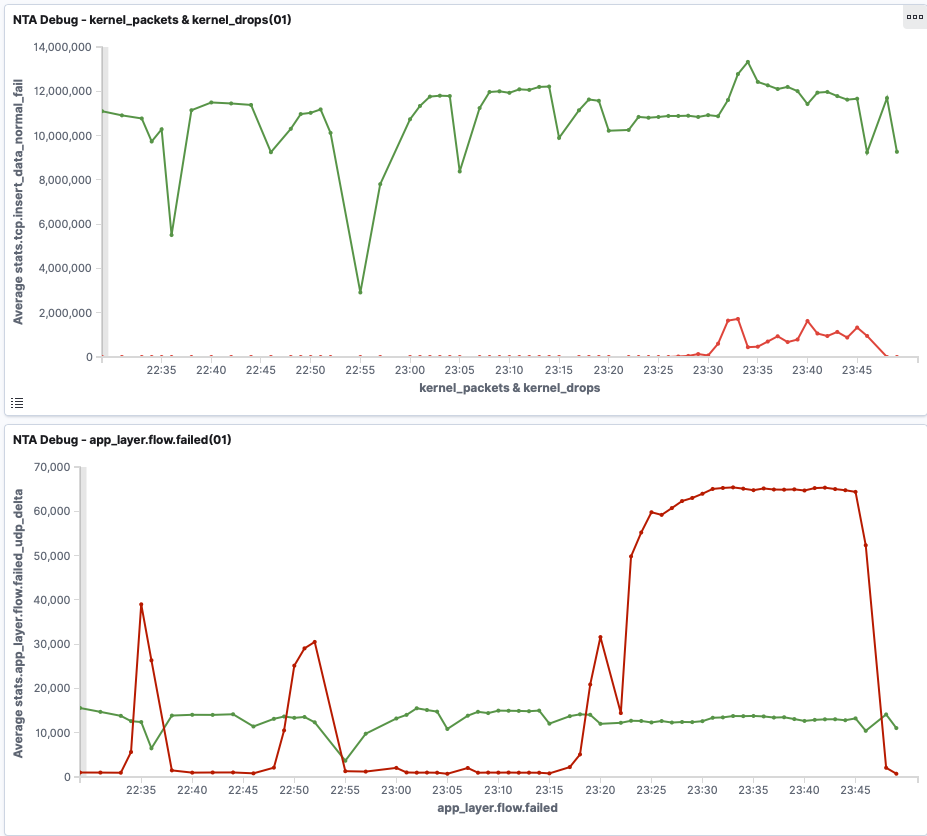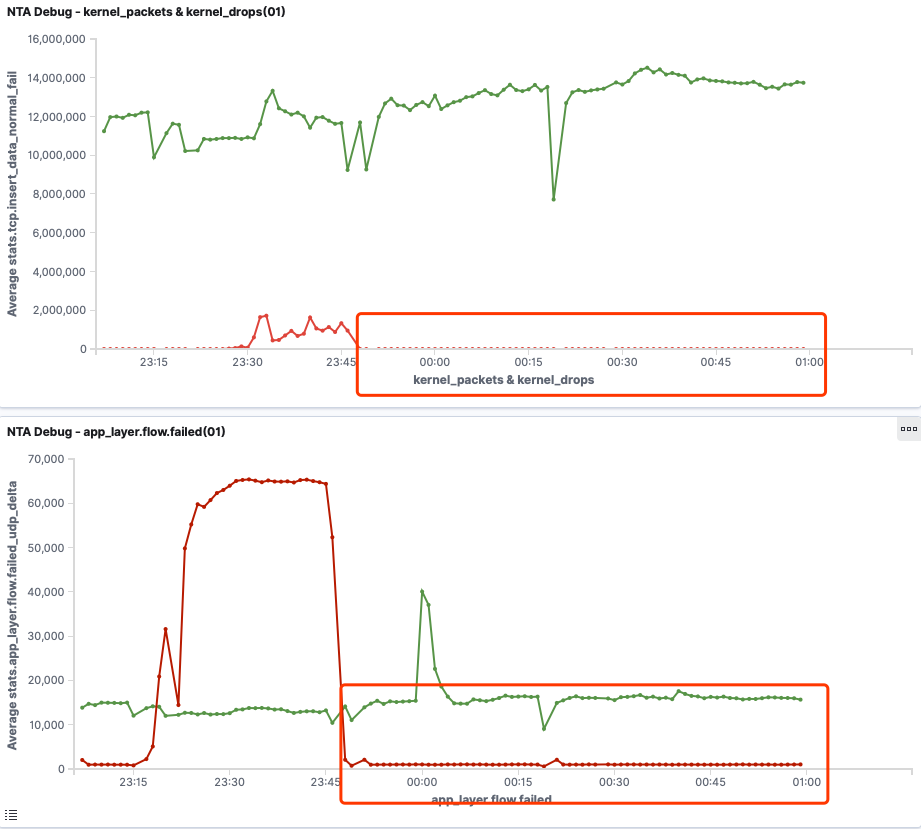1
2
3
4
5
6
7
8
9
10
11
12
13
14
15
16
17
18
19
20
21
22
23
24
25
26
27
28
29
30
31
32
33
34
35
36
37
38
39
40
41
42
43
44
45
46
47
48
49
50
51
52
53
54
55
56
57
58
59
60
61
62
63
64
65
66
67
68
69
70
71
72
73
74
75
76
77
78
79
80
81
82
83
84
85
86
87
88
89
90
91
92
93
94
95
96
97
98
99
100
101
102
103
104
105
106
107
108
109
110
111
112
113
114
115
116
117
118
119
120
121
122
123
124
125
126
127
128
129
130
131
132
133
134
135
136
137
138
139
140
141
142
143
144
145
146
147
148
149
150
151
152
153
154
155
156
157
158
159
160
161
162
163
164
165
166
167
168
169
170
171
172
173
174
175
176
177
178
179
180
181
182
183
184
185
186
187
188
189
190
191
192
193
194
195
196
197
198
199
200
201
202
203
204
205
206
207
208
209
210
211
212
213
214
215
216
217
218
219
220
221
222
223
224
225
226
227
228
229
230
231
232
233
234
| json = require "cjson.safe"
md5 = require "md5"
redis = require "redis"
login_url = "/login"
success_code = 0
event_name = "login_audit"
event_type = "lua"
name = "login_audit.json"
proto = "TCP"
host = "127.0.0.1"
port = 6379
http_common_mapping = '{"accept":"accept","accept-charset":"accept_charset","accept-encoding":"accept_encoding","accept-language":"accept_language","user-agent":"user_agent"}'
common_mapping_table = json.decode(http_common_mapping)
function md5Encode(args)
m = md5.new()
m:update(args)
return md5.tohex(m:finish())
end
function formatStr(args)
t = {}
ios = string.match(args, 'canon')
if ios ~= nil then
mail = 'email"%s+(.-)%s'
t['email'] = string.match(args, mail)
else
data = string.split(args, '&')
for n, v in ipairs(data) do
d = string.split(v, '=')
t[d[1]] = d[2]
end
end
return t
end
function string.split(s, p)
rt = {}
string.gsub(s, '[^'..p..']+', function(w) table.insert(rt, w) end )
return rt
end
function init (args)
local needs = {}
needs["protocol"] = "http"
return needs
end
function setup (args)
filename = SCLogPath() .. "/" .. name
file = assert(io.open(filename, "a"))
SCLogInfo("app_login_audit filename: " .. filename)
http = 0
SCLogInfo("Connect Redis Server...")
client = redis.connect(host, port)
response = client:ping()
if response then
SCLogInfo("Redis Server connection succeeded.")
end
end
function log(args)
http_table = {}
ti = {
tags = {}
}
score = 50
http_hostname = HttpGetRequestHost()
http_url = HttpGetRequestUriNormalized()
rl = HttpGetRequestLine()
if rl then
http_method = string.match(rl, "%w+")
if http_method then
http_table["method"] = http_method
end
end
if http_url == login_url and http_method == "POST" then
http_table["hostname"] = http_hostname
http_table["url"] = http_url
http_table["url_path"] = http_url
rsl = HttpGetResponseLine()
if rsl then
status_code = string.match(rsl, "%s(%d+)%s")
http_table["status"] = tonumber(status_code)
http_protocol = string.match(rsl, "(.-)%s")
http_table["protocol"] = http_protocol
end
a, o, e = HttpGetResponseBody()
if a then
for n, v in ipairs(a) do
body = json.decode(v)
results_code = tonumber(body["code"])
if results_code == success_code then
http_table["results"] = "success"
else
http_table["results"] = "failed"
end
end
http_table["results_code"] = results_code
end
a, o, e = HttpGetRequestBody()
if a then
for n, v in ipairs(a) do
res = formatStr(v)
if res["email"] then
black_ioc = client:get(res["email"])
if black_ioc then
ti["provider"] = "Canon"
ti["producer"] = "NTA"
table.insert(ti["tags"], "account in blacklist")
score = score + 10
end
end
end
end
rh = HttpGetRequestHeaders()
if rh then
for k, v in pairs(rh) do
key = string.lower(k)
request_var = request_mapping_table[key]
if request_var then
http_table[request_var] = v
end
end
end
rsh = HttpGetResponseHeaders()
if rsh then
for k, v in pairs(rsh) do
key = string.lower(k)
response_var = response_mapping_table[key]
if response_var then
http_table[response_var] = v
end
end
end
sec, usec = SCPacketTimestamp()
timestring = os.date("!%Y-%m-%dT%T", sec) .. '.' .. usec .. '+0000'
ip_version, src_ip, dst_ip, protocol, src_port, dst_port = SCFlowTuple()
id = SCFlowId()
flow_id = string.format("%.0f", id)
flow_id = tonumber(flow_id)
true_client_ip = HttpGetRequestHeader("True-Client-IP")
if true_client_ip ~= nil then
src_ip = true_client_ip
end
tetrad = src_ip .. src_port .. dst_ip .. dst_port
session_id = md5Encode(tetrad)
raw_data = {
timestamp = timestring,
flow_id = flow_id,
session_id = session_id,
src_ip = src_ip,
src_port = src_port,
proto = proto,
dest_ip = dst_ip,
dest_port = dst_port,
event_name = event_name,
event_type = event_type,
app_type = app_type,
http = http_table,
ti = ti,
score = score
}
data = json.encode(raw_data)
file:write(data .. "\n")
file:flush()
http = http + 1
end
end
function deinit (args)
SCLogInfo ("app_login_audit transactions logged: " .. http);
file:close(file)
end
|

